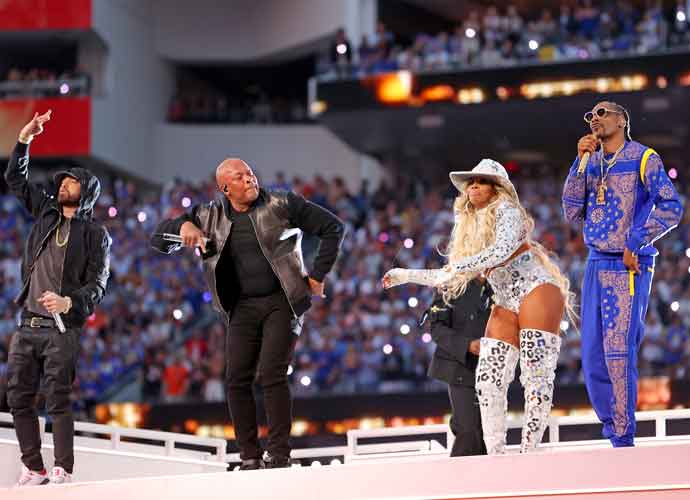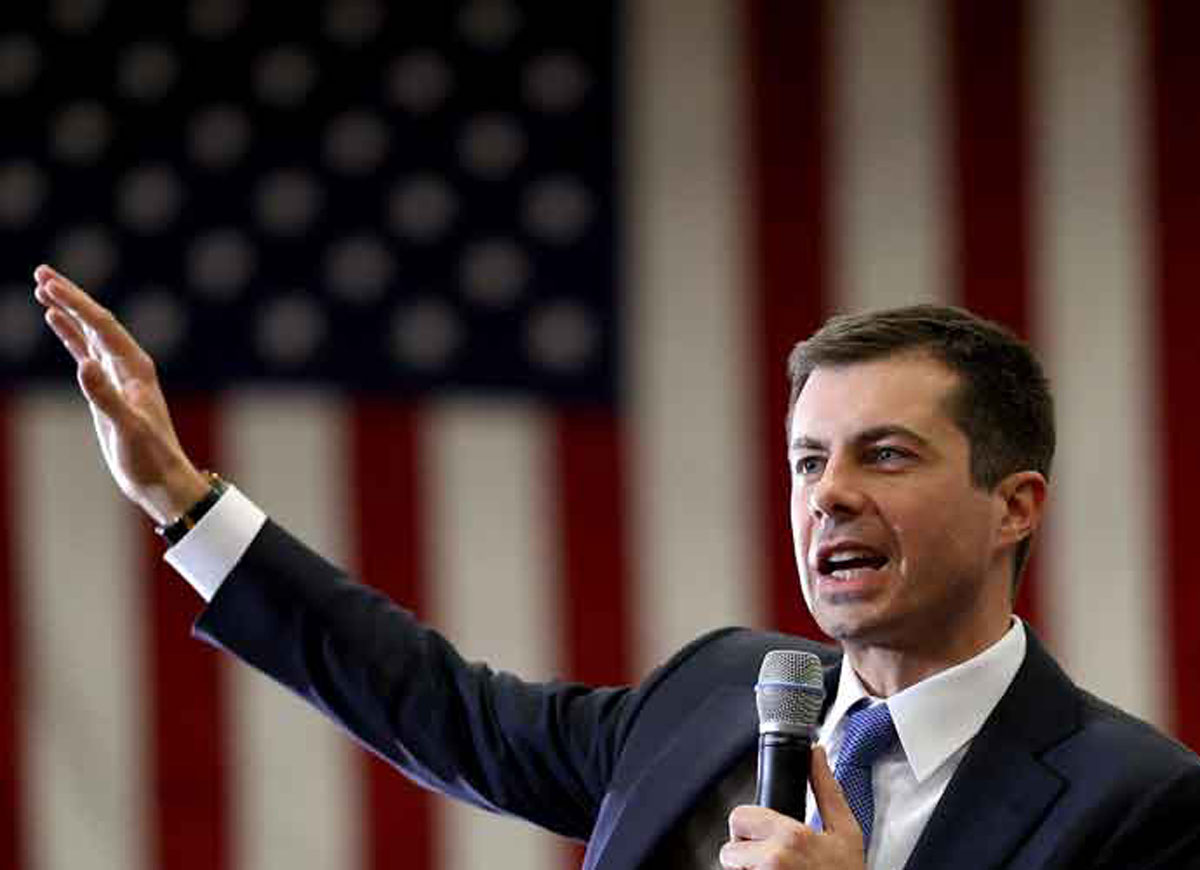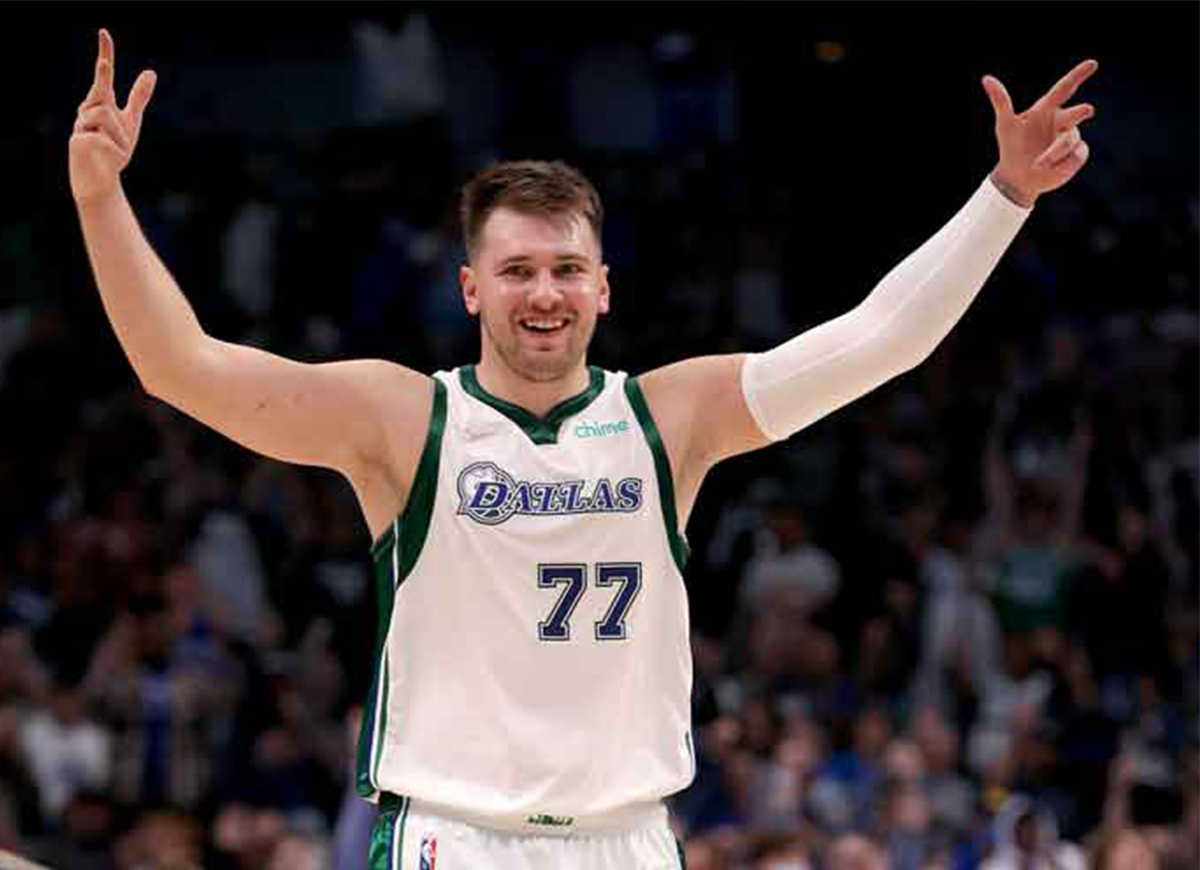Super Bowl Halftime Show Pays Homage To Dr. Dre & Classic Hip-Hop

4.5/5
This year’s Super Bowl Halftime show saw hip-hop legends new and old take the stage together for an exciting and well-received performance at the So-Fi Stadium in Los Angeles. The performance was a celebration of the long legacy of hip-hop, which has been a mainstream genre for quite some time but has not had a central role in many halftime shows leading up to this one.
The show featured massive figures in both L.A. and New York rap, with much of the show being structured as an homage to the legacy of N.W.A. rapper, producer and business mogul Dr. Dre, who has mentored or otherwise worked with many of the other iconic rappers that took the stage after his intro performance of his single “The Next Episode.” Dre and rapper Snoop Dogg performed “California Love” together, and were then followed by performances from some New York legends.
50 Cent made a surprise appearance to perform the Dre-produced “In Da Club,” starting off his set literally hanging upside-down above the dancers. He was then followed by singer Mary J. Blige who delivered two incredible performances of old classics “No More Drama” and “Family Affair,” keeping up with the choreography and ending her set flat on her back.
We then saw an electric performance from L.A.’s own Kendrick Lamar, who has been relatively silent since his 2017 release DAMN. He performed a quick snippet of “M.A.A.D City” before launching into an incredible rendition of his single “Alright.” Lamar delivered his lines with his usual surgical precision, and his camera’s motion along with robotic choreography from the dancers created the most visually interesting moments of the halftime show.
Eminem, also a luminary of Dr. Dre in his early career, then took the stage for a performance of “Lose Yourself” backed up by Oxnard R&B artist Anderson.Paak on drums. At the end of his set, Eminem took a knee by Dr. Dre’s piano as Dre began the last song of the set, “Still D.R.E.”
Overall, the Halftime Show was a very strong homage to the city of L.A., the artists from it, and the genre of hip-hop, but there was an undercurrent of tension to the performance as well. Many praised the celebration of the musical genre, and others saw it as just cultural pandering so people don’t think about the NFL’s own issues with silencing black players like Colin Kaepernick who used their platform to protest police brutality.
RELATED ARTICLES
Get the most-revealing celebrity conversations with the uInterview podcast!







Leave a comment